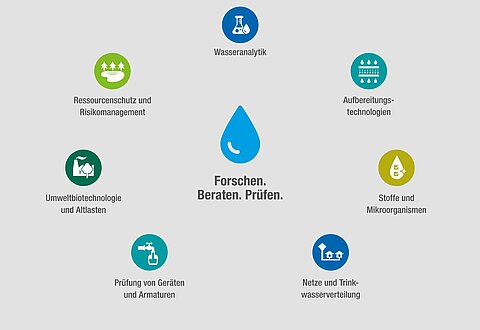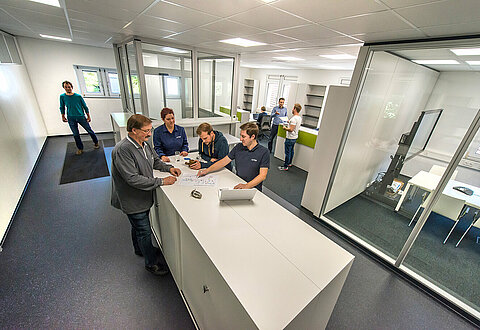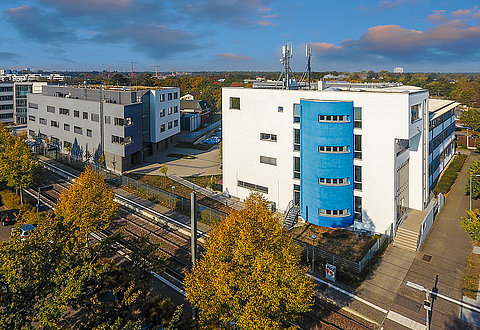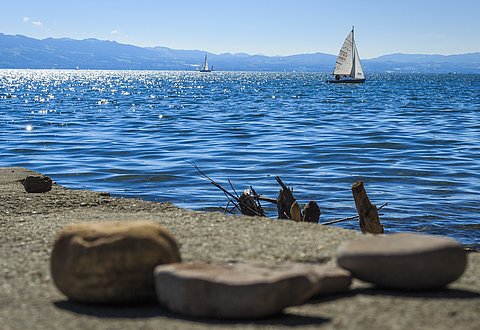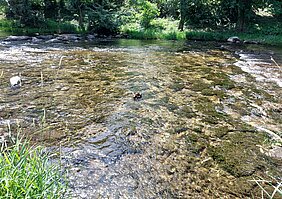In order to counteract future negative impacts of extreme weather events on the water quality of stream waters, practical prevention and management concepts are needed. For this purpose, the RiQO project investigates water quality changes caused by heavy rainfall events and dry periods at local and regional level in Baden-Württemberg and carries out catchment-specific risk assessments.
In order to gain new insights into the impact of extreme events on surface water quality, the RiQO research project applies a combined approach of monitoring anthropogenic trace substances, geographic information processing, statistical methods and machine learning for pattern recognition. Non-target screening and additional target analysis of selected groups of substances are used to investigate event- and catchment-specific patterns of water quality changes. The advantage of non-target screening is that it can be used to search for and identify unknown substances. In addition, a qualitative comparison between water samples is possible, as the totality of measurable known and unknown substances is taken into account. A semi-quantitative approach is also developed to obtain concentration ranges of certain parameters.
The results of the water quality investigations will be used to validate pattern recognition based on geographic information processing and machine learning (e.g. decision tree and random forest methods) for the distribution of contaminant groups. This will allow for event- and catchment-specific risk assessment and evaluation of water quality changes due to extreme events at different spatial scales. The results are highly relevant for the management of surface waters, especially with regard to drinking water quality, since water quality impairments also mean increased efforts for water treatment and monitoring.


![[Translate to English:] Prüfstelle-Produktprüfung_Teststand Test centre and product testing](/fileadmin/_processed_/0/9/csm_TZW-Karlsruhe_Pruefung_Geraete-Teststand_444204ae51.jpg)
















